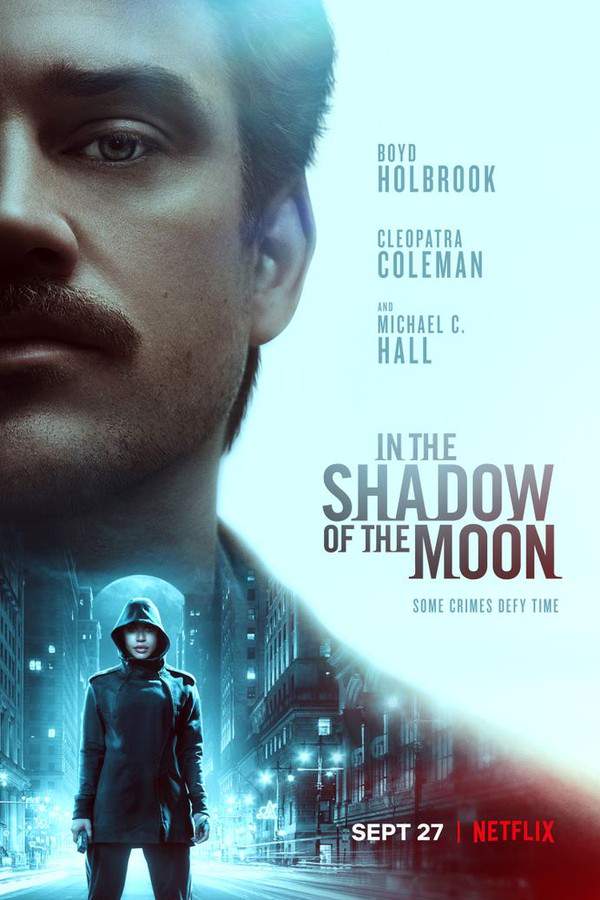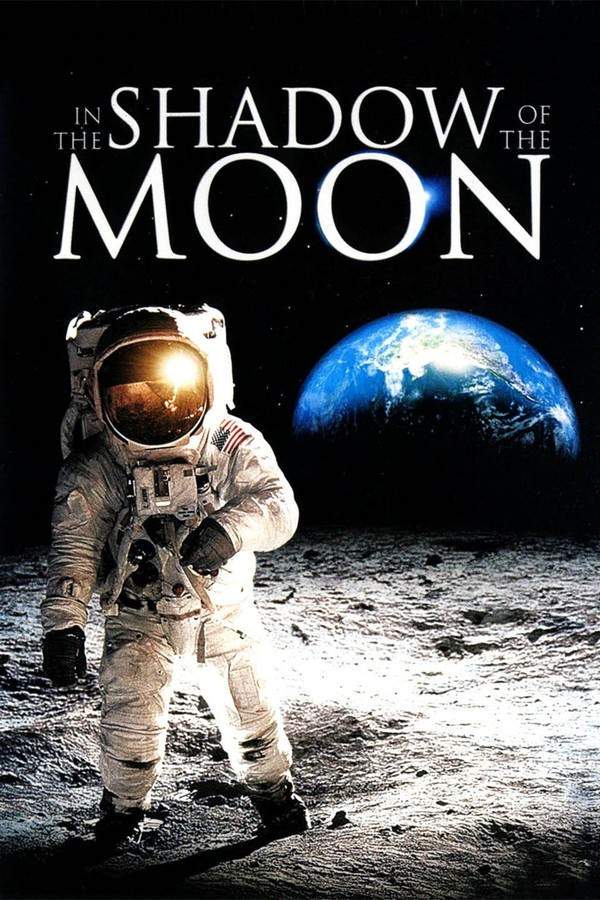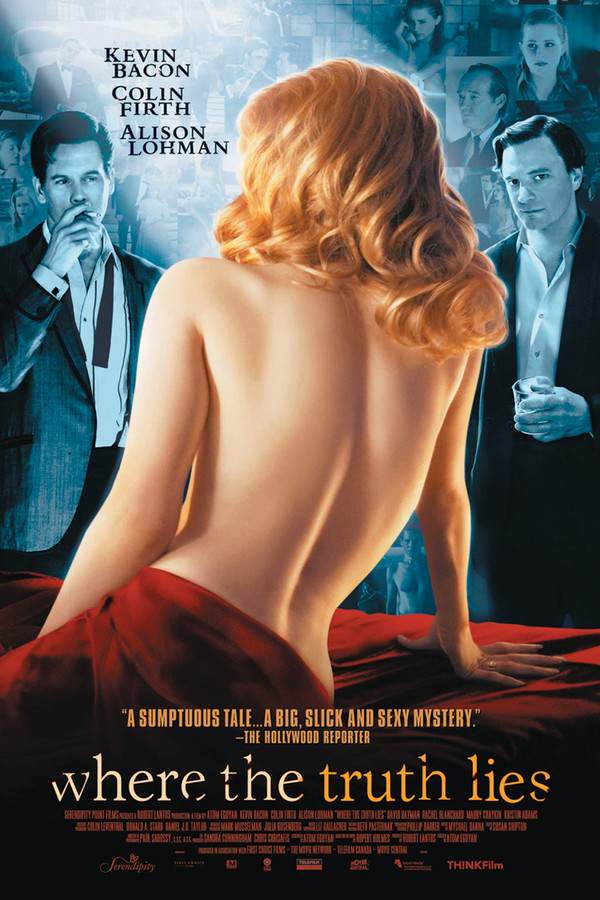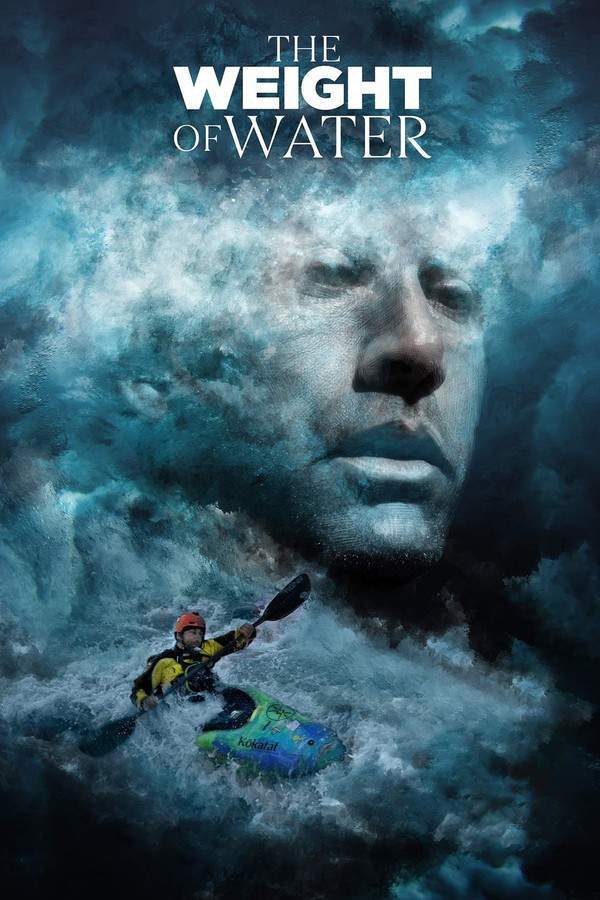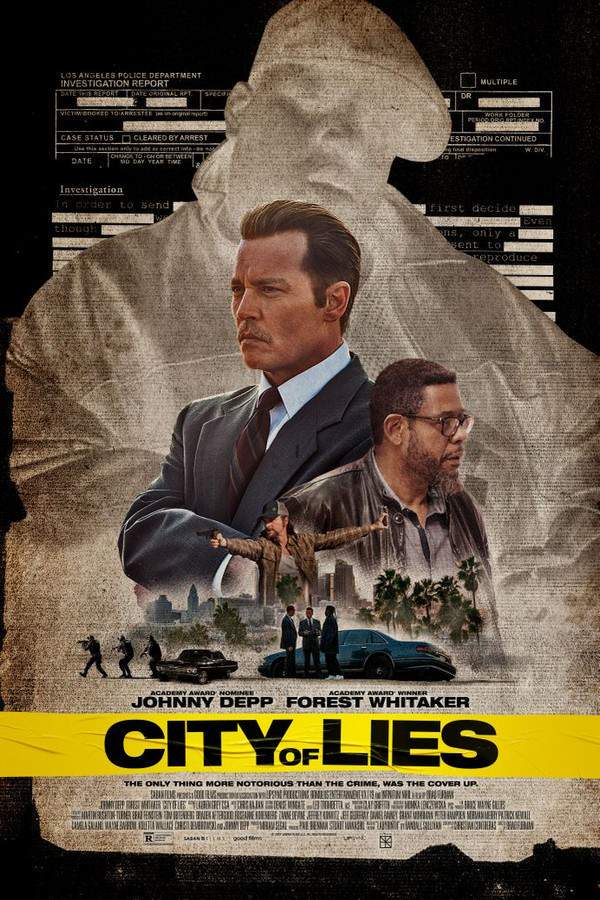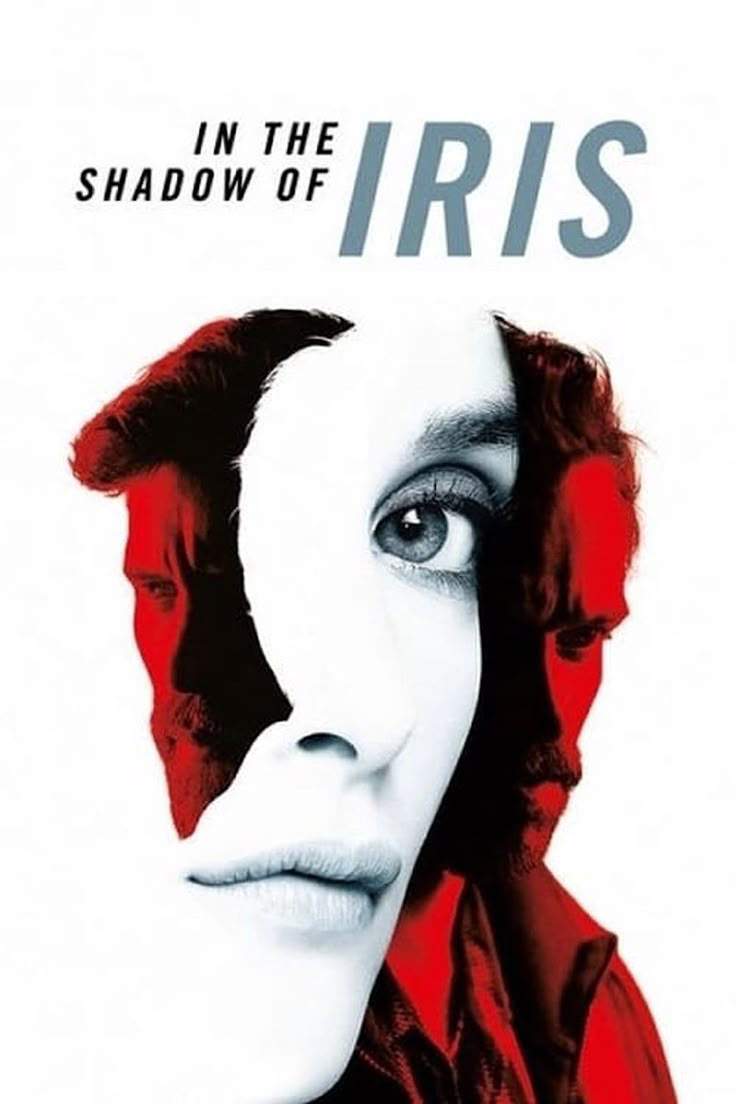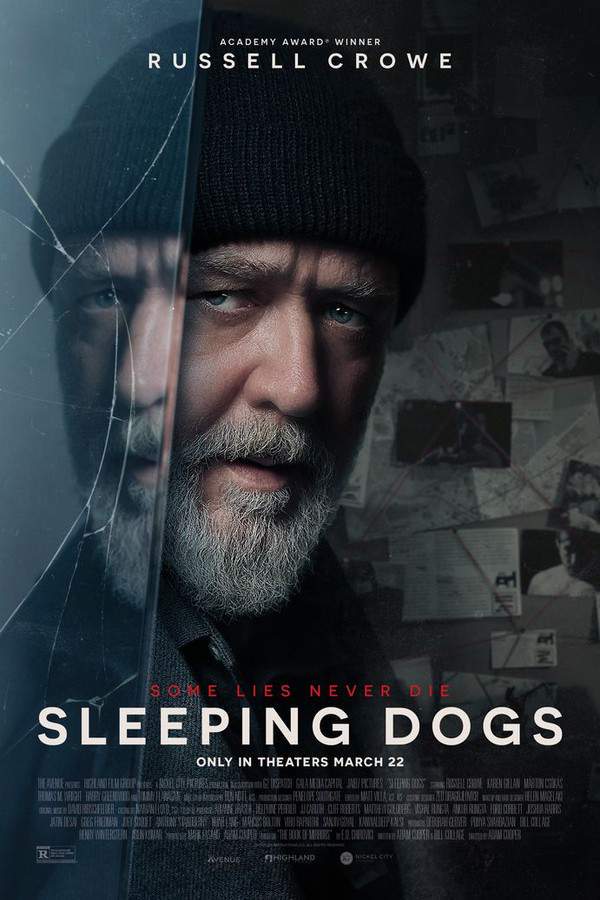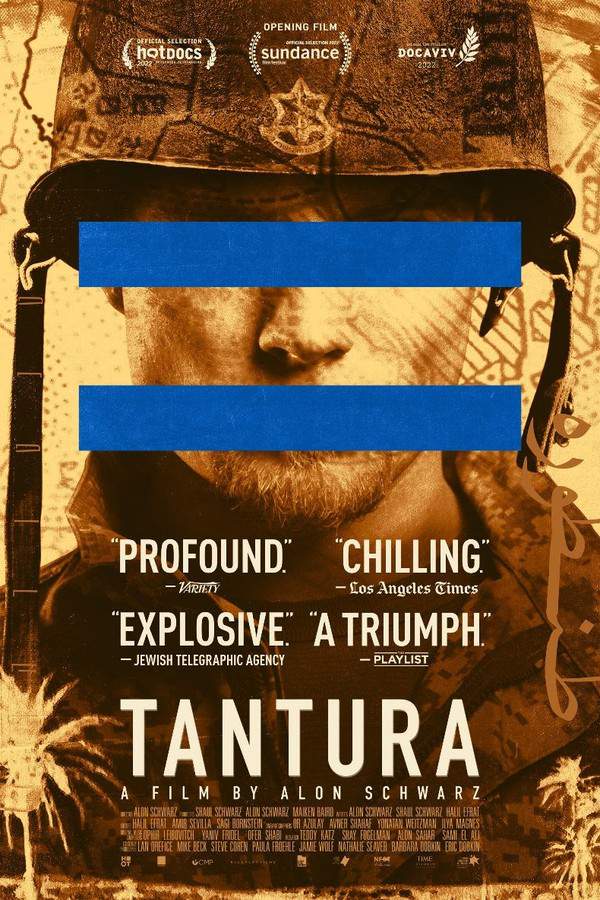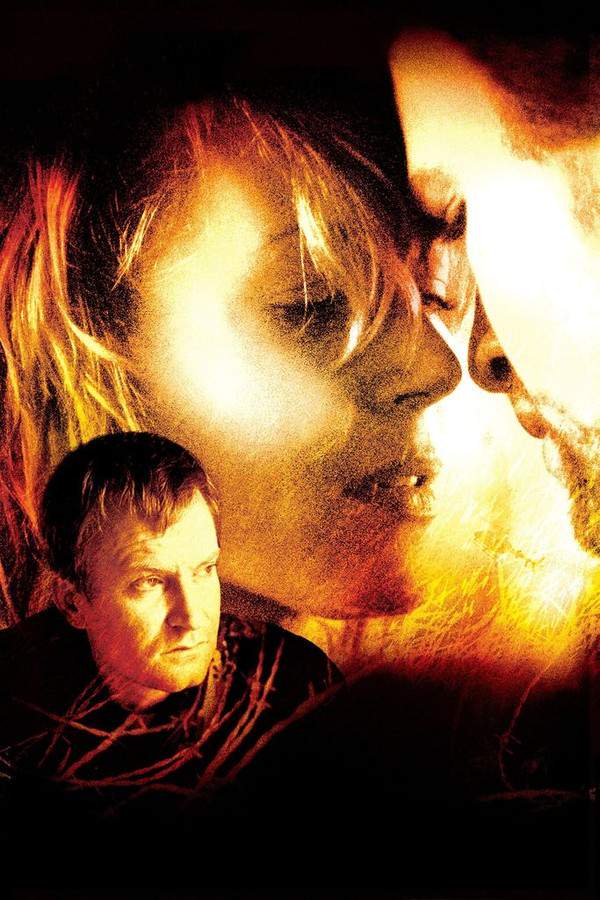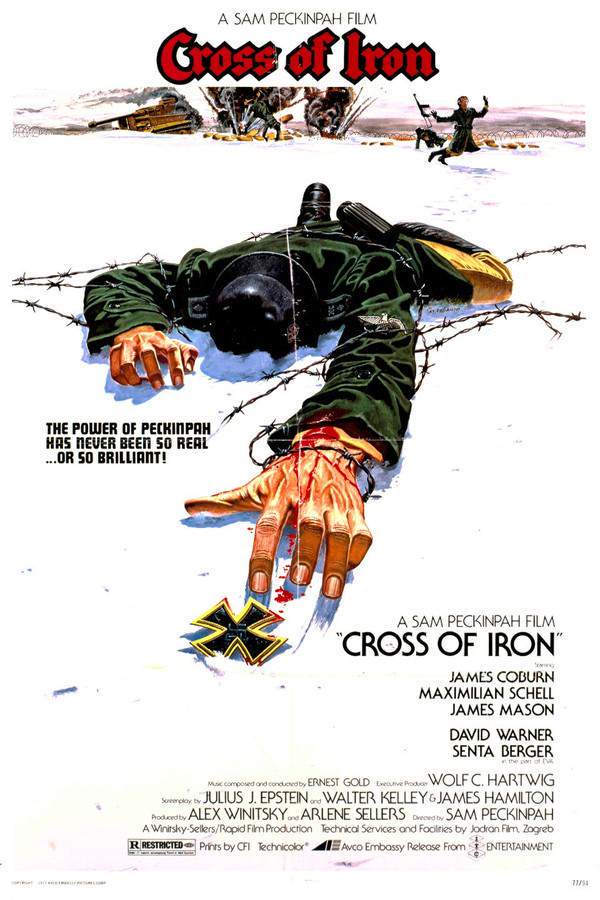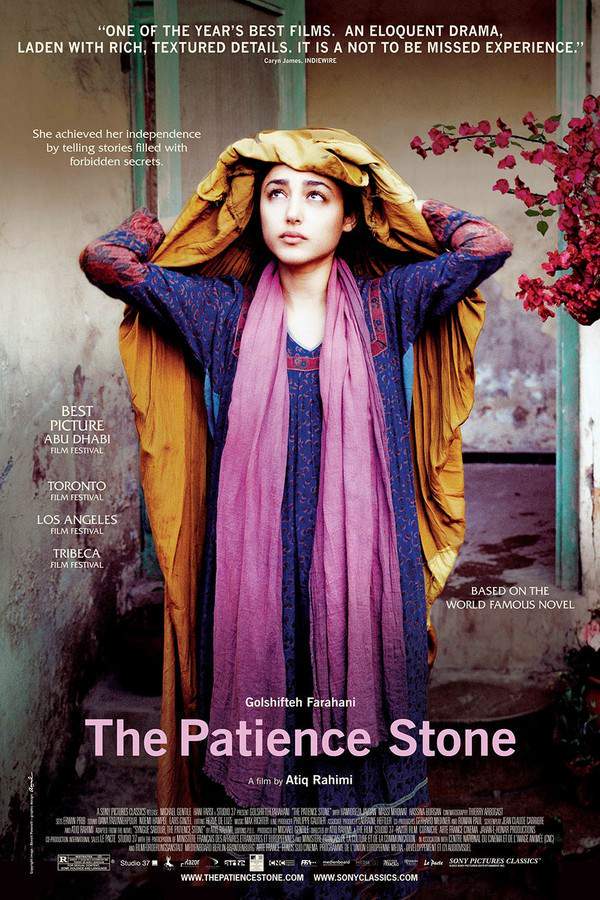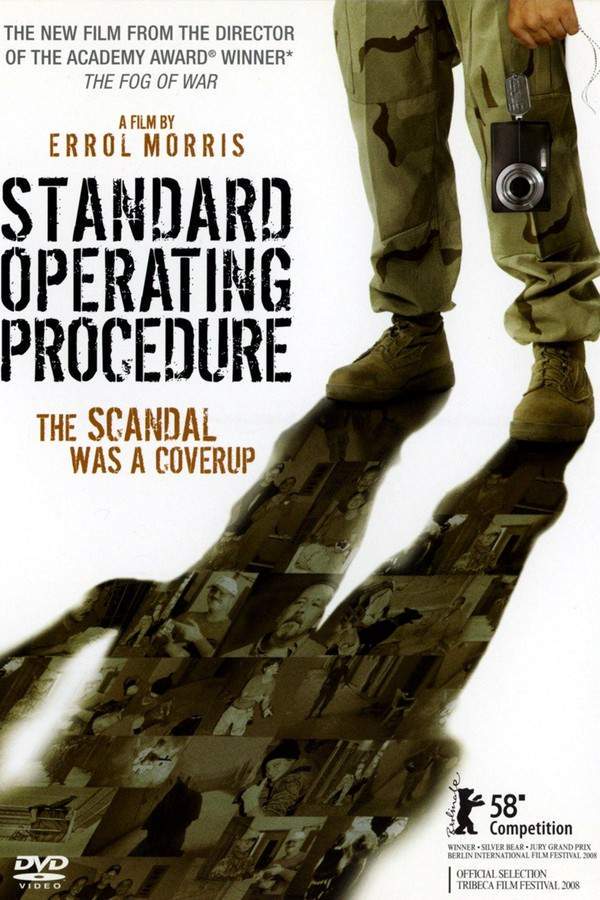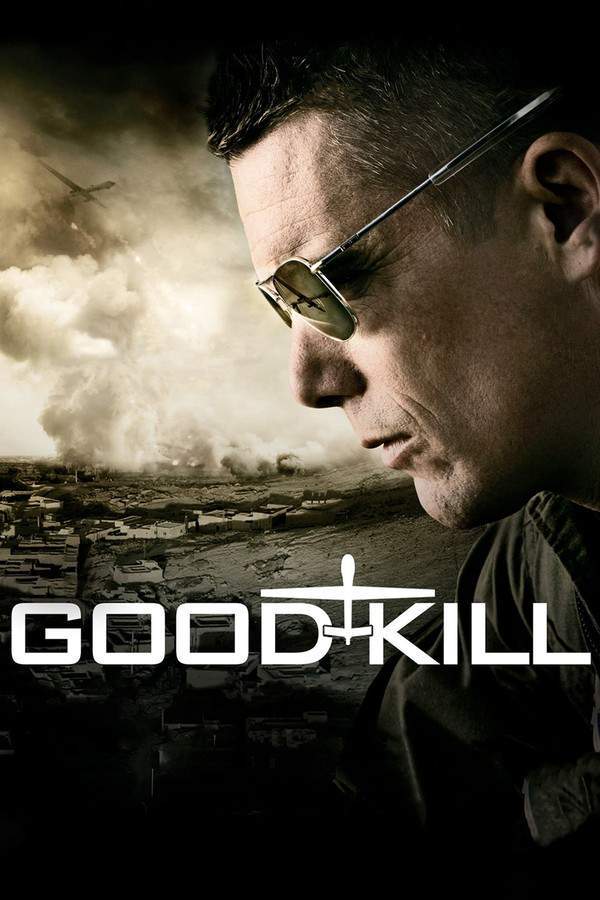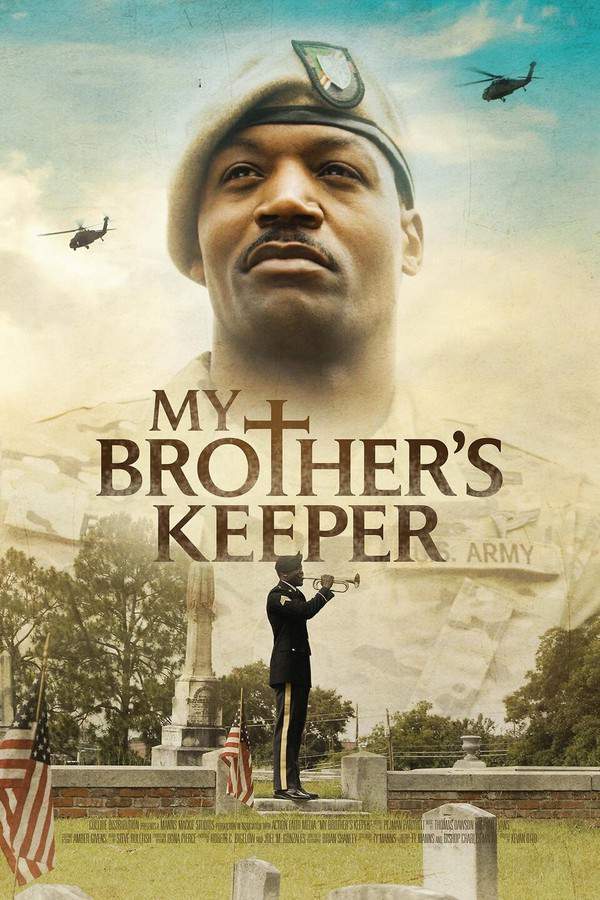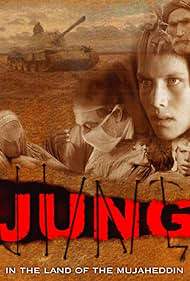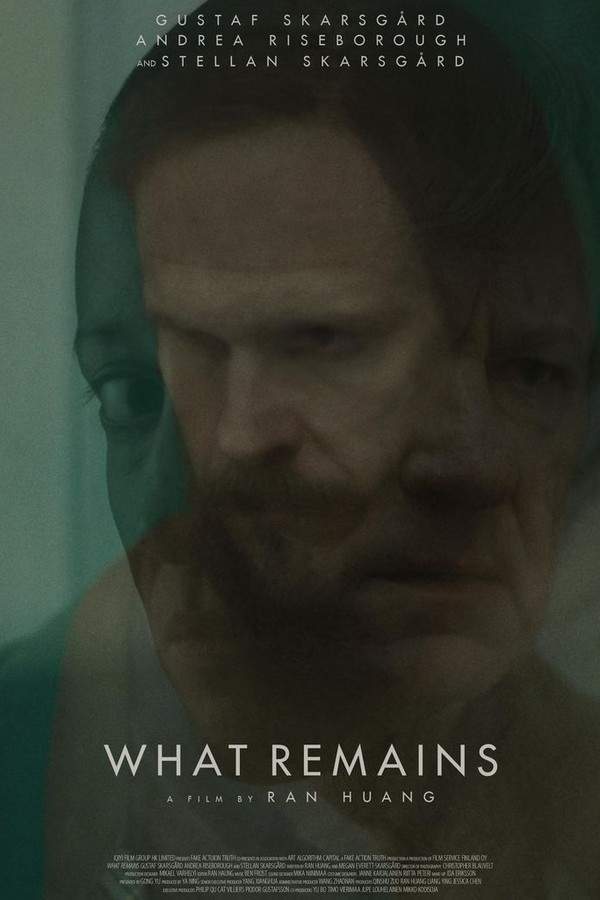
The Colonel
Year: 2006
Runtime: 110 mins
Language: French
Director: Laurent Herbiet
A former colonel is found dead in Paris decades after Algeria won independence. Lieutenant Galois leads the investigation and receives the diary of Lieutenant Guy Rossi, who served under the colonel in Algeria in 1956 and has been missing since 1957. Rossi’s notes reveal the colonel’s deeds and expose the brutal, hidden side of the Algerian War.
The Colonel (2006) – Spoiler-Free Movie Summary & Plot Overview
Get a spoiler-free look at The Colonel (2006) with a clear plot overview that covers the setting, main characters, and story premise—without revealing key twists or the ending. Perfect for deciding if this film is your next watch.
In the early 1990s, Paris glimmers with a quiet, lingering tension, its elegant streets and historic cafés serving as a backdrop for a mystery that reaches back decades. A once‑renowned officer, now a retired Colonel Raoul Duplan, is found dead under enigmatic circumstances, pulling the city’s present into the shadows of its colonial past. The investigation is handed to a young, diligent officer, Lieutenant Galois, whose sharp mind and sense of duty clash with the murky bureaucracy of the modern French forces. Her arrival awakens a lingering curiosity about the nation’s unresolved history.
As Lieutenant Galois begins to probe the case, she receives a fragmentary diary belonging to Lieutenant Guy Rossi, a soldier who vanished in the turmoil of 1956 Algeria. The notebook, written in stark, almost lyrical prose, becomes a portal to a world of stark black‑and‑white recollections—military patrols, uneasy alliances, and the moral ambiguities that framed a brutal conflict. Through these pages, the film weaves a tense, atmospheric dialogue between the present‑day inquiry and the distant, hidden chapters of a war that still haunts the French conscience.
The tone of the story balances the cool, procedural rhythm of a contemporary police drama with the haunting, almost poetic resonance of a war memoir. Shadows lengthen over both the Parisian streets and the Algerian desert, suggesting that the past is never truly buried. Lieutenant Galois finds herself navigating not only bureaucratic obstacles but also the weight of memory, duty, and the unspoken questions that arise when personal histories intersect with national trauma. The film invites the audience to contemplate how history’s silent echo shapes the lives of those who dare to listen.
Last Updated: October 14, 2025 at 03:47
Explore Movie Threads
Discover curated groups of movies connected by mood, themes, and story style. Browse collections built around emotion, atmosphere, and narrative focus to easily find films that match what you feel like watching right now.
Investigation of dark histories like in The Colonel
Uncovering buried truths through present-day investigations into historical traumas.If you liked the investigative structure of The Colonel, explore more movies like it. This section features films where present-day inquiries uncover past atrocities, blending crime dramas with historical reckoning for a gripping and morally complex viewing experience.
Narrative Summary
The narrative typically alternates between a meticulous present-day investigation and intense flashbacks to the historical event. The protagonist's journey is one of discovery, piecing together fragmented evidence and testimonies, often leading to a revelation that challenges official histories and forces a confrontation with collective or personal guilt.
Why These Movies?
These films are grouped together because they share a compelling dual-timeline structure, a somber and tense mood, and a thematic focus on the long, corrosive aftermath of violence. The experience is defined by a slow-burn unraveling of truth and a heavy emotional weight centered on accountability.
Stories of war guilt and moral reckoning like The Colonel
Stories grappling with the psychological and ethical scars of combat long after the war is over.For viewers who appreciated The Colonel's deep dive into the moral aftermath of war, this section collects similar movies about guilt, trauma, and historical reckoning. These are heavy dramas that examine the hidden psychological costs of conflict long after the fighting has ended.
Narrative Summary
The narrative often centers on a character or group forced to confront their actions from a past war. Through flashbacks, testimonies, or unexpected confrontations, the story explores themes of culpability, the ambiguity of survival, and the search for redemption or, more often, a way to simply live with an unbearable past.
Why These Movies?
These films are united by their unflinching examination of the moral and psychological damage inflicted by war. They share a dark, heavy tone, a focus on internal conflict over external action, and a commitment to portraying the complexity of guilt and the difficulty of finding closure for historical sins.
Unlock the Full Story of The Colonel
Don't stop at just watching — explore The Colonel in full detail. From the complete plot summary and scene-by-scene timeline to character breakdowns, thematic analysis, and a deep dive into the ending — every page helps you truly understand what The Colonel is all about. Plus, discover what's next after the movie.
The Colonel Summary
Read a complete plot summary of The Colonel, including all key story points, character arcs, and turning points. This in-depth recap is ideal for understanding the narrative structure or reviewing what happened in the movie.

The Colonel Timeline
Track the full timeline of The Colonel with every major event arranged chronologically. Perfect for decoding non-linear storytelling, flashbacks, or parallel narratives with a clear scene-by-scene breakdown.

Characters, Settings & Themes in The Colonel
Discover the characters, locations, and core themes that shape The Colonel. Get insights into symbolic elements, setting significance, and deeper narrative meaning — ideal for thematic analysis and movie breakdowns.

More About The Colonel
Visit What's After the Movie to explore more about The Colonel: box office results, cast and crew info, production details, post-credit scenes, and external links — all in one place for movie fans and researchers.


